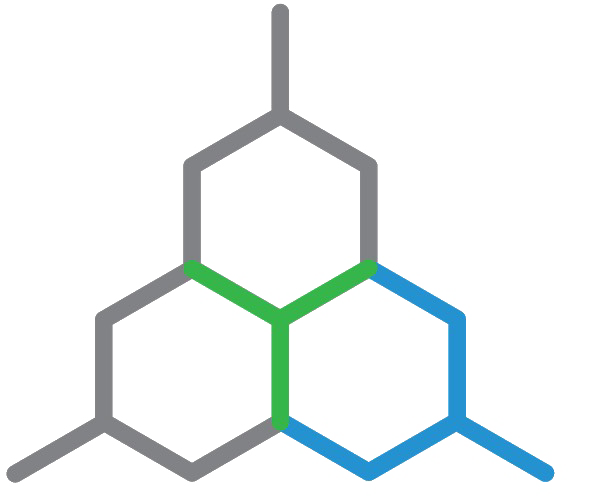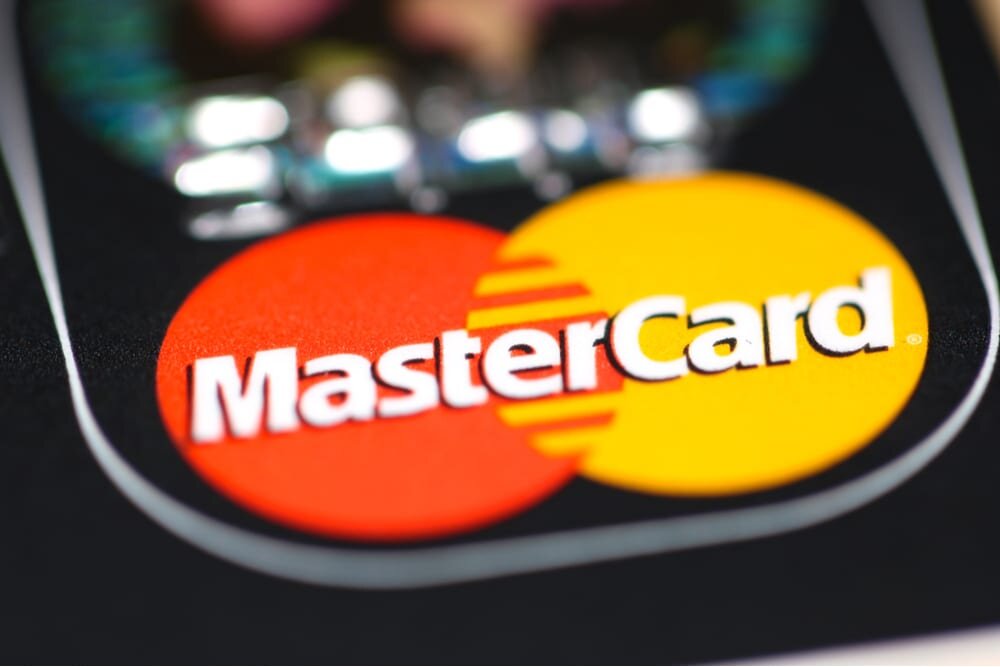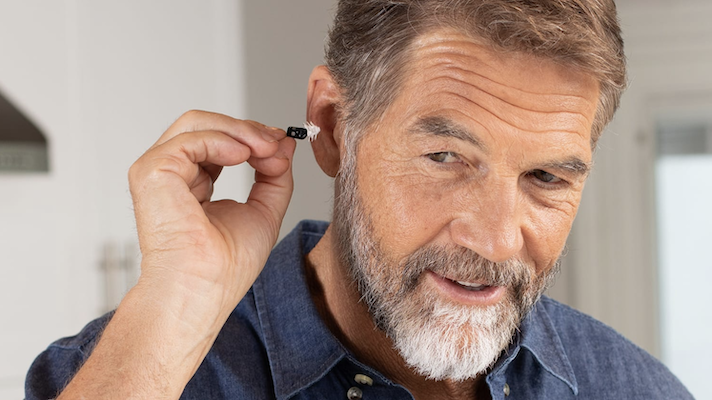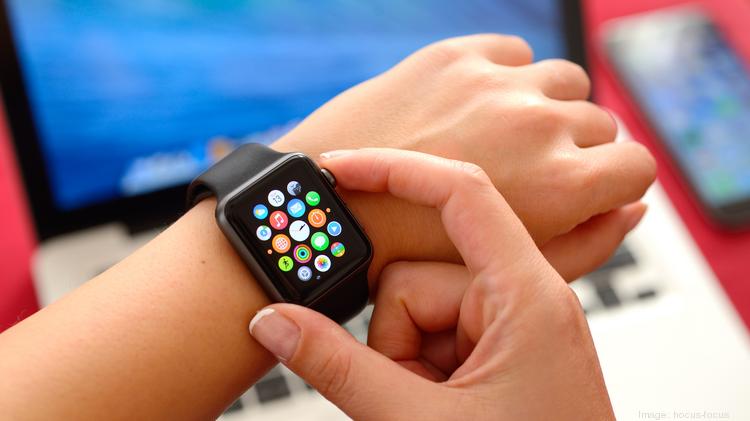Mastercard Announces Health Cybersecurity Venture
Mastercard is the latest services giant to dive into the health care industry. At the 2019 HLTH Conference in Las Vegas, NV, the firm announced that it will be launching Mastercard Healthcare Solutions, a product suite of data security offerings aimed at payers and providers. In an effort to protect valuable health and financial information from data breaches, an issue that has severely crippled health systems in recent years, this collection of software products aims to integrate AI, machine learning, and predictive analytics to help payers curb fraud and enable providers to use more effective billing strategies to improve revenue cycle management.
Baby Boomers Targeted by Big Tech and Startups
In anticipation of the silver tsunami, Silicon Valley’s key players are offering products and services that fit the needs of the largest consumers of health services: baby boomers. Companies like Apple and Eargo are tackling hearing loss, a condition that research has shown to be a major barrier to the adoption of tech in older populations. This past June, Apple announced a feature that would alert Apple Watch users if environmental noise or smart technology audio is too loud, and Eargo now integrates their hearing aids with a companion app to provide a comprehensive auditory and social network. Efforts such as these are aiming to close the digital divide between generations as well as targeting a sector that is in need of innovation.
Applications for GuideWell’s Caring for Caregivers Challenge Close Nov. 15 - Act Fast!
There is only one month left to apply to GuideWell’s Caring for Caregivers Challenge, a competition that seeks team-based approaches that have the potential to improve the quality of life for both caregivers and care recipients. GuideWell believes it “takes a village” to sustainably support family caregivers and that single point solutions are typically not broad enough to provide necessary relief. The challenge seeks comprehensive approaches that connect caregivers to resources, technologies, corporate benefits, and community networks to help them with their unique health/wellness needs.
If you are an organization or non-profit with a novel approach that promotes healthy and happy lifestyles for caregivers and their families, apply today for the chance to win up to $100,000! https://guidewellinnovation.com/health-innovation-challenge/






